Addressing the shifting dynamics of global justice reform trends, a transnational initiative is taking the final steps in its mission to empower probation practitioners with advanced competencies, and foster rehabilitation and reintegration through the guiding principles of Restorative Justice.
There is a pressing need to equip probation professionals with the necessary skills to actively contribute to the promotion of rehabilitation and reintegration, aligning with the principles of Restorative Justice. Sensitising staff to the needs of offenders is crucial, emphasising the significance of providing genuine opportunities for reintegration into the community. Equally important is arming them with the tools essential for achieving this holistic approach.
The contemporary landscape requires probation staff to possess advanced competencies as they navigate the complexities of an expanding number of clients. Additionally, the intricacies of case management now involve collaboration with diverse entities, including governmental institutions, non-profit organizations, and supporting operators.
The PROBATIONET project emerges as a groundbreaking initiative dedicated to bettering the job of probation officers. Recognising the profound impact of training and support to this target group, the PROBATIONET project has worked to enhance the capabilities of probation officers, unfolding accomplishments across diverse countries. The PROBATIONET national training events have equipped professionals with cutting-edge knowledge and methodologies.
Fostering Collaboration and Enhancing Practices Across Europe
The PROBATIONET project is at the forefront of reshaping probation services and empowering practitioners. With a focus on versatility and multidisciplinarity, this initiative aims to create a dynamic and cross-border Vocational Education and Training (VET) model that effectively caters to the evolving needs of officers and workers involved in the probation process.
To achieve this vision, the project has curated an extensive array of resources, including an e-learning course centring on Restorative Justice and Recidivism, informative modules, and a repository of supplementary materials. These components collectively contribute to the holistic training of probation practitioners, ensuring they are equipped with the latest knowledge and methodologies.
The PROBATIONET Training
The initiative has coordinated a series of impactful training events, fostering collaboration and knowledge exchange among criminal justice professionals across Europe. From the organisation of sessions in Portugal, drawing active participation from diverse probation teams; to Turkey hosting a delegation from Tajikistan and engaging students in Ankara, the project showcases itself as a global model for in-service training.
In Italy, a dynamic workshop explored case management methods, led by social workers, facilitating the sharing of best practices among participants. Bulgaria significantly contributed with a comprehensive training scheme, tailored for probation and prison officers, aimed at enhancing awareness and mastery of case management principles. Greece hosted a seminar at Panteion University, covering diverse aspects of Restorative Justice, and fostering scientific dialogue among participants.
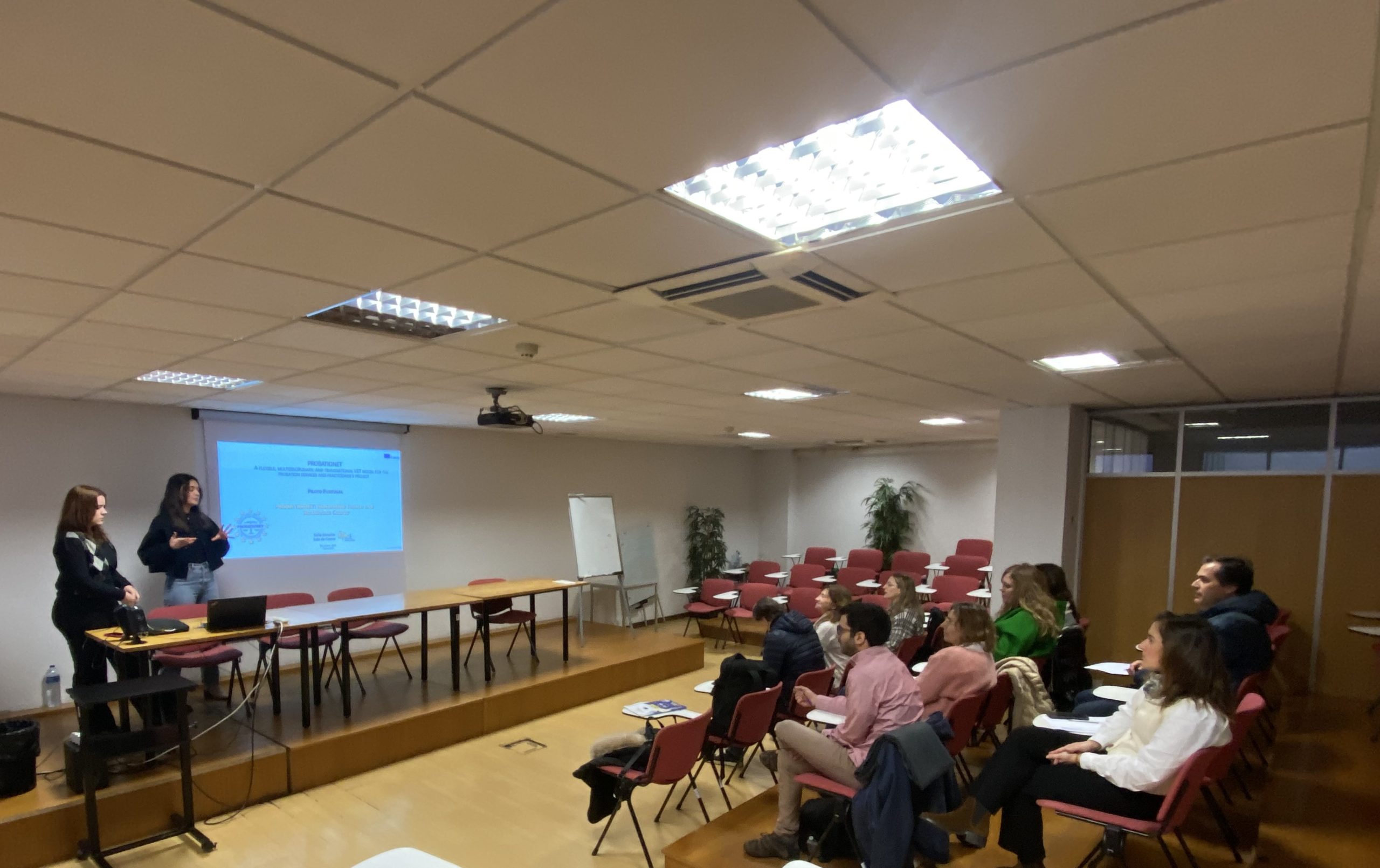
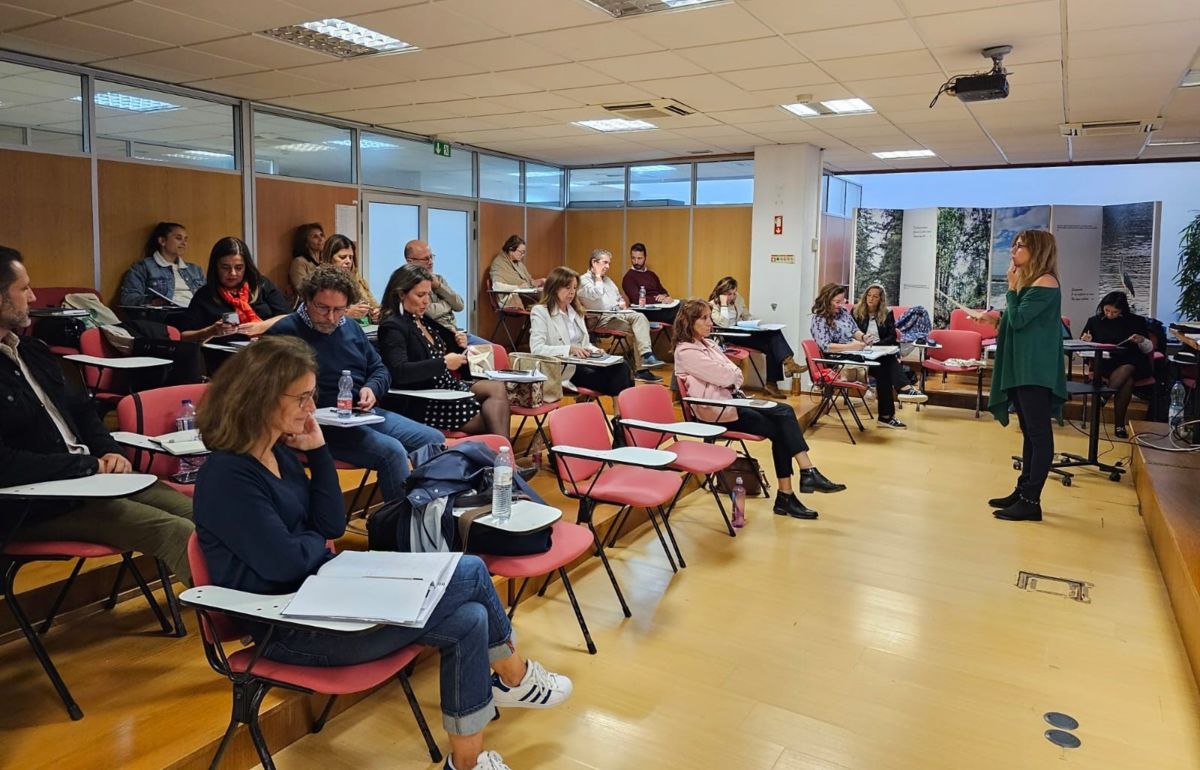
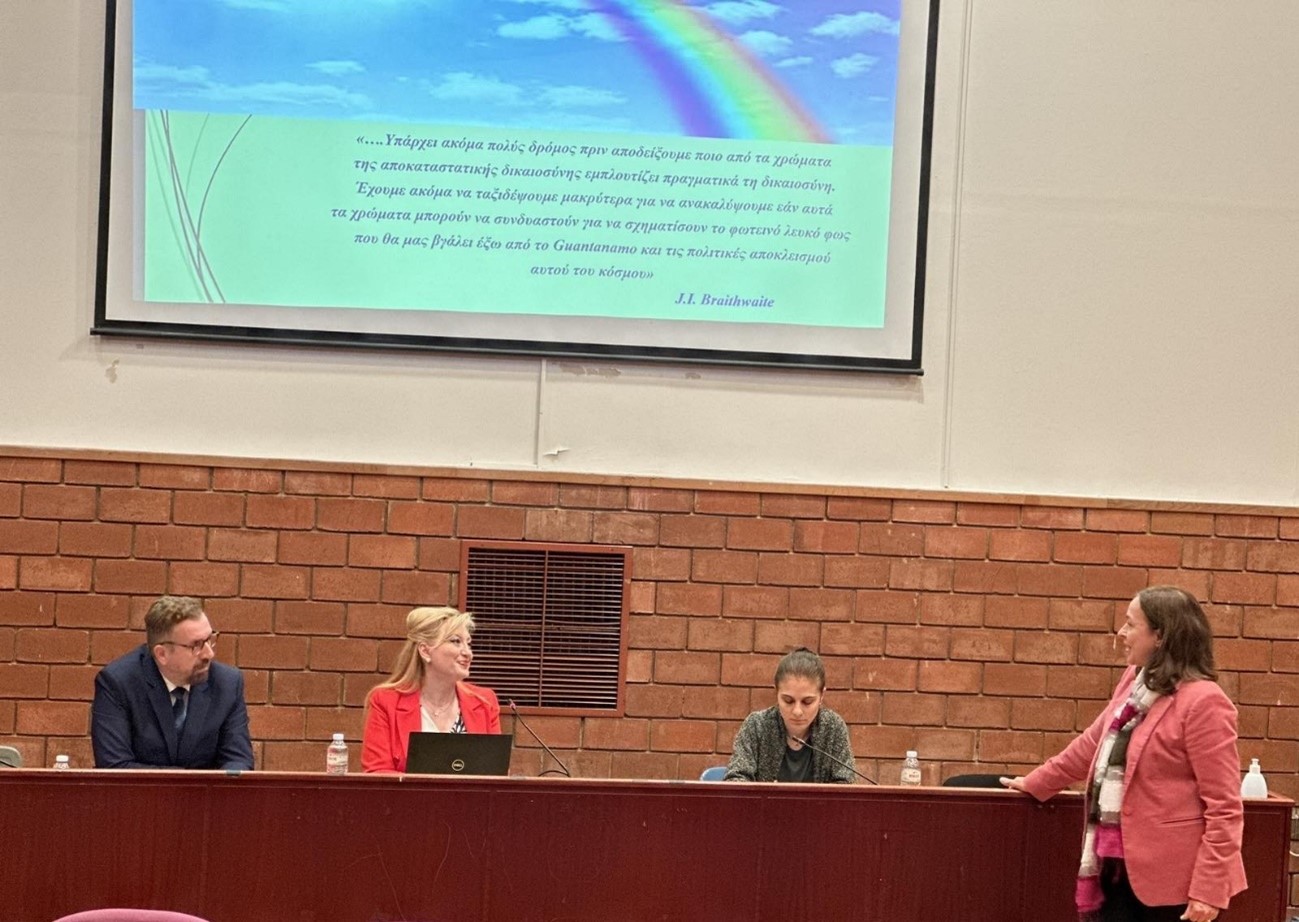
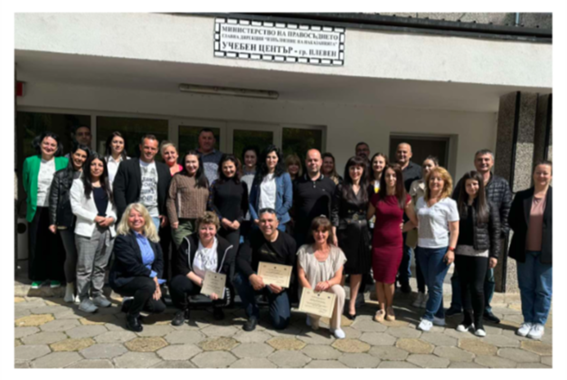
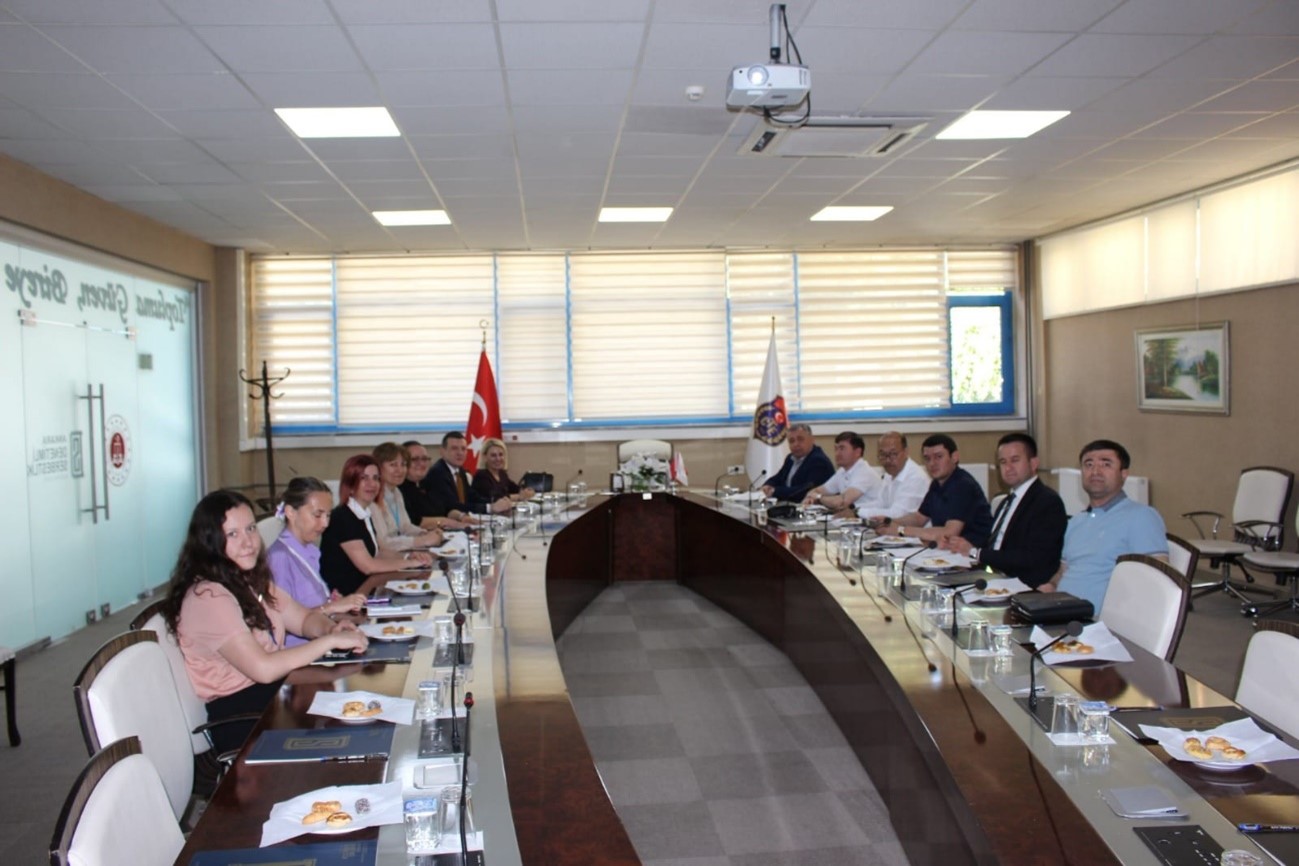
As the PROBATIONET consortium nears the completion of its national training events, an invaluable opportunity emerges to gather feedback, evaluate efficacy, and identify areas for enhancement or additional resources.
The Final Conference in Athens, Greece, on January 17th, provided partners with a platform to share their insights and accomplishments to an audience of justice professionals from several countries. Additionally, on January 18th, a transnational meeting in Athens, Greece, served as the project’s last gathering, offering a reflection on the impactful journey and the lasting impact of PROBATIONET.
Collectively, these events mark the culmination of the PROBATIONET project, leaving a lasting legacy of enhanced capabilities and collaborative learning for probation professionals across Europe.
Staying Informed with PROBATIONET
The 4th Edition of the Newsletter is now available. This newsletter explores the PROBATIONET’s progress within its training events and with the PROBATIONET course. Get to know the partners involved and their final steps within this project.
Learn more about this project

Probationet
A flexible, multidisciplinary and transnational VET model for the PROBATION services and practitioners
The Probationet project is led by the Panteion University of Social and Political Sciences (Greece), and partnered by IPS_Innovative Prison Systems (Portugal), University of Tuscia (Italy), CRSL (Centro Ricerche e Studi dei Laghi) (Italy), the General Directorate Execution of Sentences (Bulgaria), the Directorate-General for Reintegration and Prison Services (Portugal), EPANODOS – The Greek Centre for the Social Reintegration of Ex-offenders (Greece) and the Ministry of Justice – Ankara Probation Directorate (Turkey).
To learn more about this project visit www.probationet.eu
Related projects

SISWEC
Strengthening the skills of social workers in a Europe in crisis

PROMOTE
Promoting Integrated Professional Development for Prison Practitioners in Vocational Excellence for Offender Reintegration

PO21
European Prison Officers for the 21st Century

LEADCOR
Leadership development for occupational stress reduction in correctional settings

Itinerariul Dialog
Social dialogue for better prisons

IDECOM
Innovation, Development and Communication for a better Education in Prison Systems

ECOPRIS
Ecological Economics in Prison Work Administration

DIGITWG
DIGICOR Digital Transition Working Group

CCJ4C
European Career Counselling Guidelines for Staff Working in Criminal Correctional Justice System
Related news

From incarceration to the labour market: Innovative approaches to integrating former detainees into the workforce
Read More »



